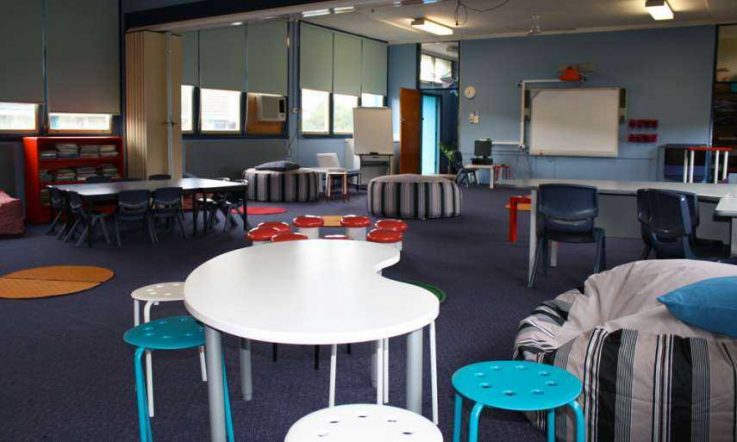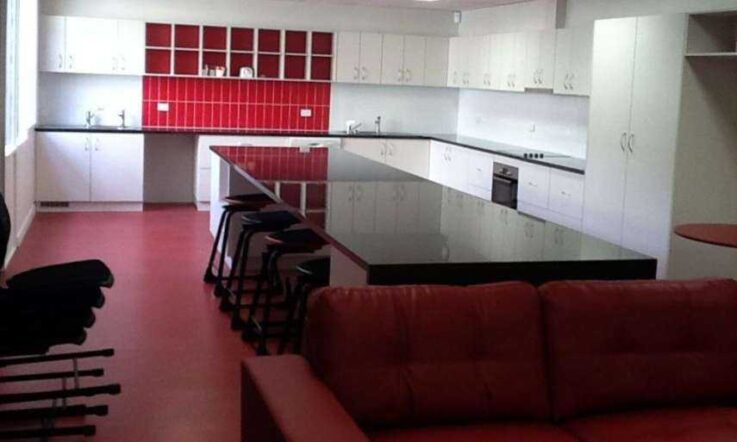The argument for working at standing desks often centres on the related health benefits, but a new study suggests they could increase student engagement.
Associate Professor Mark Benden and colleagues at the Texas A&M Health Science Center School of Public Health observed the behaviour of students over the course of a school year.
Preliminary results show 12 per cent greater on-task engagement in classrooms using standing desks which, the researchers say, equates to an additional seven minutes of engaged lesson time per hour.
The study involved 282 students in Grades 2 to 4 at three schools. The participants were split into two groups - one used traditional classroom desks and the other used 'stand-biased' (standing) desks with stools nearby, so the children could opt to sit down whenever they wanted.
Observers recorded 'active engagement' (tasks such as answering a question, raising a hand or taking part in class discussions), 'passive engagement' (being attentive in lessons but not taking an active role), and 'off-task behaviour' such as talking out of turn.
Writing in the International Journal of Health Promotion and Education, the researchers say 'the affects of active classrooms on academic engagement have been largely unexamined, until now'.
Previous studies by Benden have shown students at standing desks burn 15 per cent more calories. The latest research was aimed at exploring the effect on engagement, and the team says its findings are significant on two fronts.
'These findings yield promising results surrounding the use of stand-biased desks in elementary classrooms, in that these desks do not appear to adversely affect students' academic engagement,' they write in the journal.
'Given research that suggests that stand-biased desks might be useful in combating childhood obesity, school health professionals might want to consider the incorporation of these desks in elementary classrooms to increase the physical health of students while also enhancing learning.'
References
Dornhecker, M., Blake, JJ., Benden, M., Zhao, H., and Wendel, M. (2015). The effect of stand-biased desks on academic engagement: an exploratory study. International Journal of Health Promotion and Education. doi: 10.1080/14635240.2015.1029641
Do you have standing desks in your school? How have you assessed the impact?
If you have traditional desks, are there opportunities for students to move around during lessons?



